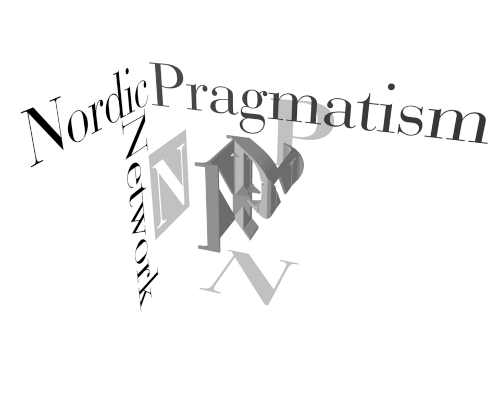Wittgenstein and Pragmatism
HCAS Symposium
|
Helsinki, Finland 16-17 May 2016 |
|
Introduction
< It is well known that Ludwig Wittgenstein is sparse with references to other philosophers, and when he does mention other philosophers it is hardly in praise. There are a few exceptions – and one of the exceptions that stands out is his continuously warm regard for pragmatist philosopher William James. “Whenever I have time now,” Wittgenstein wrote to Bertrand Russell, “I read James’s Varieties of Religious Experience. This book does me a lot good.” And James’s work was also one of the few philosophical works that Wittgenstein is reported to have recommended his students to read.
It is no accident that James’s pragmatism was one of the philosophical approaches that Wittgenstein found inspiring, challenging and rewarding. For there are a number of affinities between pragmatism and Wittgenstein-inspired ways of doing philosophy – which is vindicated by the fact that most contemporary pragmatists and neo-pragmatists think about their own work as, at least partly, inspired by Wittgenstein’s philosophy.
Wittgensteinian philosophy and pragmatism are two traditions of thought in which several interesting parallels can be discerned, regarding the problems they focus on and how, but also regarding what they are opposing. Both traditions engage in the perennial issues of knowledge, truth and the good from the perspective of human practices. Both eschew metaphysical system building as well as the naturalist reductionism of much analytic philosophy. Philosophy, according to both traditions, is not in need of foundations, but rather of a more sensitive attention to the varieties of human activity and meaning making: in ordinary language, science, morals, religion. Certain general tenets of 20th-century and present philosophy, like the sharp fact-value dichotomy and the (varieties of a) correspondence theory of truth, are questioned by both traditions for reasons relating to the attention to practice.
This symposium investigates themes of interconnection between Wittgensteinian and Pragmatist philosophy, and their roles in contemporary thought.
Venue
The symposium is arranged by the Helsinki Collegium of Advanced Studies, the Nordic Wittgenstein Society , the Nordic Pragmatism Network, and the Philosophical Society of Finland.
Venue: Helsinki Collegium for Advanced Studies, Fabianinkatu 24 A, Seminar Room 136, Ground Floor.
Organizing Committee:
- Nora Hämäläinen, NWS, HCAS, University of Helsinki (2013–2016)
- Niklas Forsberg, NWS, Department of Philosophy, Upsala University
- Henrik Rydenfelt, NPN, University of Helsinki
- Sami Pihlström, NPN, University of Helsinki
Registration:
The symposium is open for all, but there is a limited number of seats. Registration is free but required. The deadline for registration is 6 May 2016. Please register online.
Programme
Plenary speakers:
- Cora Diamond (University of Viriginia, USA)
- Russell B. Goodman (University of New Mexico, USA)
- Logi Gunnarsson (University of Potsdam, Germany)
- Daniele Moyal-Sharrock (Universitry of Hertfordshire, UK)
For the full programme, please see the symposium webpage at the Helsinki Collegium for Advanced Studies.
